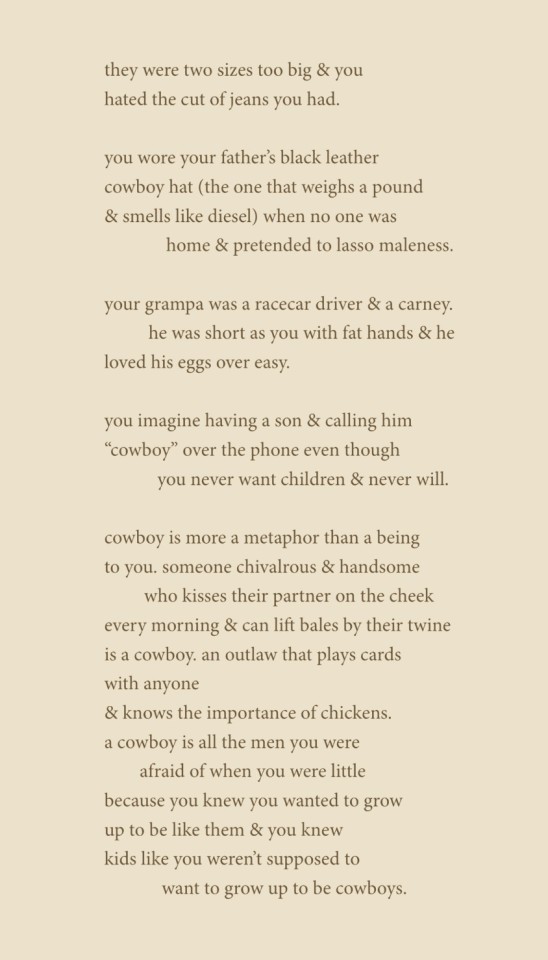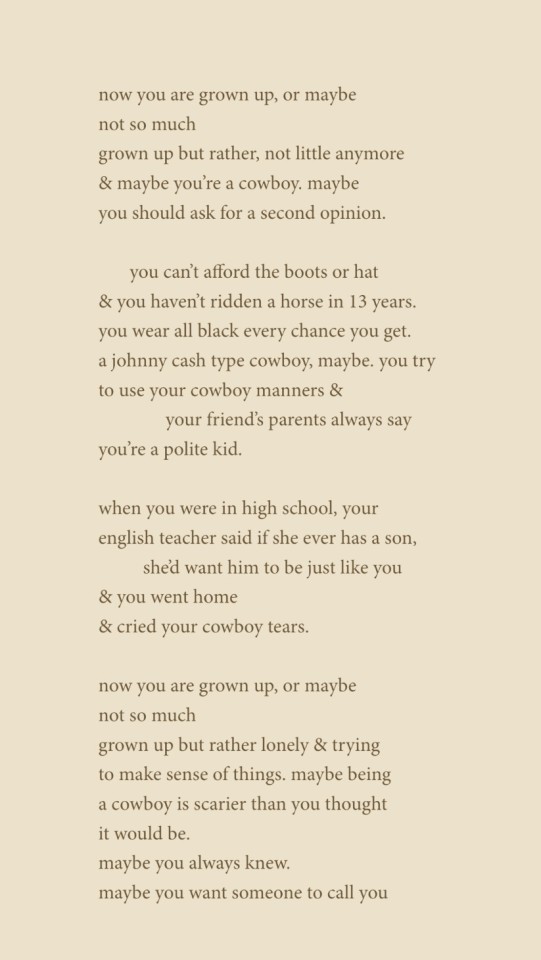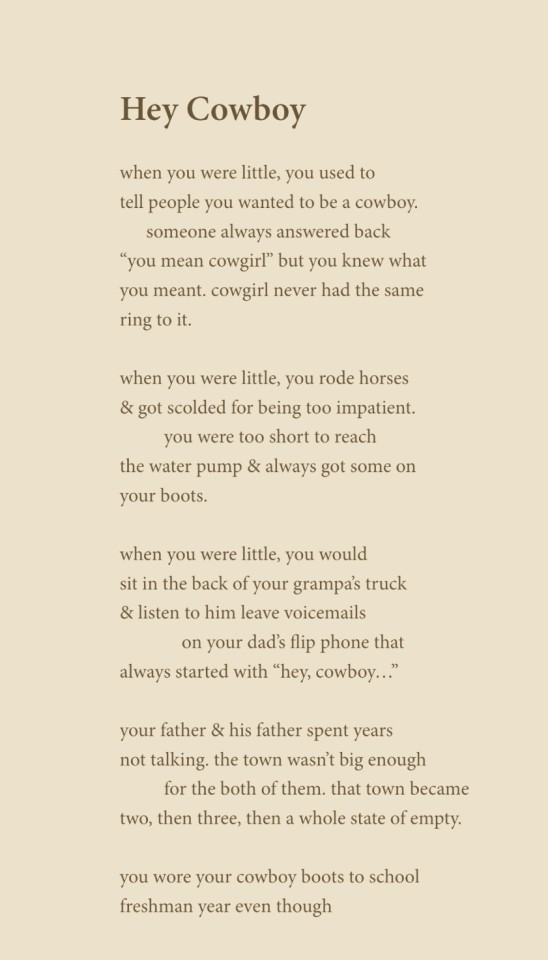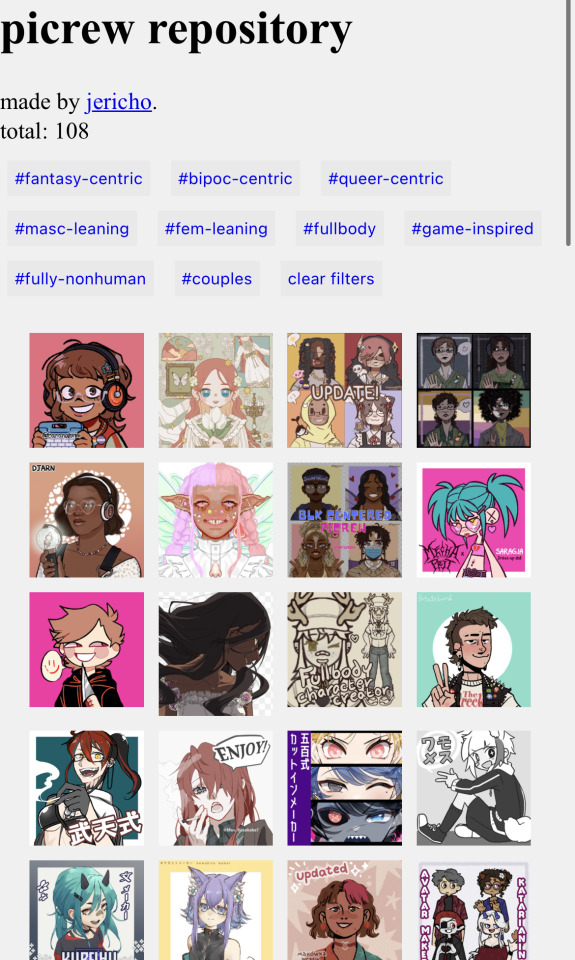Palestine Donation Links Masterpost
Palestine Donation Links Masterpost
This is a masterpost of places to throw your money at to support Palestine. I'm gonna try and keep this updated as much as I can.
*** Please note, donating does not mean you should stop boosting Palestinian voices. Spreading awareness is JUST AS IMPORTANT as sending money since misinformation is one of the Zionist movement's most dangerous tools. ***
(Last Updated: 13-02-2024)
Palestine Children's Relief Fund
In addition, follow the PCRF on twitter (@/thePCRF) as they regularly post about opportunities to donate to support Palestine.
UNRWA
Doctors without Borders
Defense for Children Palestine
Palestinian Red Crescent Society
United Palestinian Appeal
Heal Palestine
eSims for Gaza
Care for Gaza (PayPal / GoFundMe)
Medical Aid for Palestinians
Islamic Relief USA
ANERA
Help Gaza Children
Sulala Animal Rescue
Hirbawi Kufiyas
Palestinian Youth Movement
BDS Movement
Decolonize Palestine (Patreon)
Aid requests from Palestinians in Gaza:
Help Ahmed Saad get to safety
Help Lama AlJamous Evacuate
Support Khalil in Gaza
Help Yoseph and his Family
Surgery fund for Abdulaziz
Support Abdelrahim Alfarra
Help Yosef Kassab Evacuate
Safe Passage for Nadin
Help Yousef Yaser get treatment for cancer
Help Adel Al Zaharneh
Help Shaymaa's family leave Gaza
Evacuate Abood's family from Gaza to safety
Help Mohamed and his family evacuate
*** If you have any additional recognized and trustworthy places to donate, please either reply or send me an ask or DM and I will update this list! ***
In addition, Palestinians (both in Palestine and diaspora) can feel free to leave your paypals / ko-fi's / cashapps / venmo.... whichever you want in the replies.
More Posts from Ajkiranwrites and Others
20 Plot Twist Ideas That Will Shock Your Audience
One of the most effective tools in a storyteller's arsenal is the plot twist. A well-executed plot twist can leave your audience reeling, questioning everything they thought they knew about your story. It can turn a good story into a great one, leaving a lasting impact on your readers or viewers. In this post, we'll explore 20 plot twist ideas that will shock your audience and elevate your storytelling game to new heights.
1. The Unlikely Hero:
Turn the tables by revealing an unexpected character as the true hero. This can be someone seemingly insignificant or even an antagonist who redeems themselves at a crucial moment.
2. The Double Agent:
Introduce a character who initially appears loyal to the protagonist but is secretly working against them, only to later reveal their true intentions.
3. The Long-Lost Sibling:
Uncover a secret sibling, separated from the main character in their early years, and use their sudden appearance to shift the narrative.
4. Time Travel Paradox:
Play with time travel to create a paradox that forces the characters to confront alternate timelines or unforeseen consequences of their actions.
5. The Mastermind:
The story's villain is revealed to be a puppet in a larger scheme, controlled by a mastermind who has been operating behind the scenes.
6. The Supernatural Twist:
Introduce a supernatural element, like ghosts or mythical creatures, that the characters and audience believed were mere myths.
7. The Doppelgänger:
A character's doppelgänger appears, causing confusion and chaos as they try to determine who is the real one.
8. The Reversal of Roles:
Switch the roles of the protagonist and antagonist halfway through the story, making the audience question their allegiances.
9. The Untouchable Hero:
Create a seemingly invincible hero who unexpectedly meets their match, forcing them to reevaluate their abilities and tactics.
10. The Forgotten Past:
Unearth a character's forgotten or repressed memories, leading to a shocking revelation about their true identity or past actions.
11. The Betrayal Within:
One of the protagonist's closest allies betrays them, throwing their entire mission into disarray.
12. The Hidden Identity:
A character is not who they claim to be, and their true identity is revealed, impacting the story's direction.
13. The Inception Twist:
Blur the lines between reality and illusion, leaving the audience guessing what's real and what's a dream or illusion.
14. The Time Loop:
Trap your characters in a time loop where they're forced to relive the same events repeatedly until they can break free.
15. The Shapeshifter:
Introduce a character with the ability to change their appearance, creating doubt and suspicion within the group.
16. The Truth About the Mentor:
The mentor figure, who initially seems wise and benevolent, is unveiled as the story's true antagonist.
17. The Lost Artifact:
The much sought-after artifact or treasure turns out to be a fake, and the real item is something entirely unexpected.
18. The Pseudo-Death:
Fake a character's death to shock the audience and later reveal they were alive all along.
19. The Prophecy Reversed:
Subvert the traditional hero's journey by defying a prophesized destiny and taking the story in a different direction.
20. The Unreliable Narrator:
Reveal that the narrator has been lying or misrepresenting events, casting doubt on the entire story's accuracy.
Conclusion:
These 20 plot twist ideas are just the beginning, and by incorporating them into your narratives, you can leave your audience stunned, shocked, and eager for more. Remember that the key to a successful plot twist lies in its execution, so take your time and craft a twist that seamlessly integrates into your story, making it an unforgettable experience for your readers or viewers.
Character Archetypes
Peace and blessings upon everyone!
I hope life's treating you well. I’m Esmeray and I welcome you to this post on my blog Dear Esmeray.
Today's post is for my fellow writers here. I'll be sharing with you character archetypes for you to use in your books.
The Warrior
The Child
The Orphan
The Guardian
The Mentor
The Caregiver
The Rebel
The Leader
The Ruler
The Lover
The Everyman
The Joker/Jester
The Explorer
The Hero
The Outlaw
The Villian
The Tyrant
The Bastard Child
The Sadist
The Evil Genius
The Terrorist
The Lunatic
The Black Widow
The Schemer
The Anti-Hero
The SideKick
The Traitor
I hope this post helped you assign an archetype to your beloved OCs or perhaps inspired your newest OC.
With love, Esmeray ♡
Things almost every author needs to research
How bodies decompose
Wilderness survival skills
Mob mentality
Other cultures
What it takes for a human to die in a given situation
Common tropes in your genre
Average weather for your setting
10 Best Books About Writing Fiction
Someone recently asked me for some fiction writing book recommendations, so here they are!
Some fiction writing teachers try to steer their students clear of books about writing. While it’s true that there’s a lot of bad or dubious writing advice out there, my philosophy is that more information is always better. Over the years, I’ve read voraciously about fiction writing–upwards of 50 books about the writing life, plot, fiction craft, dialogue, character development, you name it. While I got a little something from each one, here are the 5 star gems that are worth sharing. Enjoy!
Best Books About the Writing Life
Bird by Bird, Anne Lamott

It’s a classic for a reason. Lamott’s trademark humor makes for an effortless read as she shares her wisdom into the process of writing. Equal parts technical help, encouragement, and brutal honesty balance throughout the book, keeping the reader engaged and in good spirits from start to finish.
From Where You Dream, Robert Olen Butler
Butler’s ideas about the process of writing fiction are not necessarily unique, but I’ve found no other book that discusses the writing “trance” as thoroughly as this one. The exercises in this book teach how you to access the writing “dream state” that good stories often come from. The book can be a little esoteric at times, but it’s worth the patience it takes to understand what Butler is getting at here. Especially recommended for writers who have intrusive inner critics, and those who have strong ideas but find that their writing feels lackluster and flat.
The Writing Life, Annie Dillard
This is a short read, so I’ll just provide a titillating quote and you can go pick it up for yourself: “One of the few things I know about writing is this: spend it all, shoot it, play it, lose it, all, right away, every time. Do not hoard what seems good for a later place in the book, or for another book; give it, give it all, give it now… Something more will arise for later, something better. These things fill from behind, from beneath, like well water. Similarly, the impulse to keep to yourself what you have learned is not only shameful, it is destructive. Anything you do not give freely and abundantly becomes lost to you. You open your safe and find ashes.” -Annie Dillard
Best Books About Fiction Craft
Self-Editing for Fiction Writers, Rennie Browne and Dave King

Hands down, this is the best craft book on the market. It’s written for beginning writers, but is layered and subtle enough to be useful for advanced writers as well. I’ve read and re-read this book at many different stages of my learning process and taken away something new each time. Unlike the cover suggests, this is not a book about grammar. It shows you how to edit for flow and syntax, to properly tag your dialogue, the basics of show-don’t-tell, as well as providing helpful exercises where you get to try your hand at editing once you’ve learned the techniques.
Stein on Writing, Sol Stein
Make no mistake: Sol Stein is a pompous asshole. But he’s also super, duper smart. I consider this to be an advanced craft book, just because of the level of detail he goes into, but I think a beginner would get a lot out of it as well. Another classic, which means it’s almost always at the library.
Writing Fiction: A Guide to the Narrative Craft, Janet Burroway
Yes, this is a text book. Thick. Heavy. Teeny tiny print. But it’s good. And because it has a million editions, you can get an old version used on the internet for like $.04. Especially nice are the full-length short stories that are supplied as examples in the back of every chapter.
Best Book About Dialogue
Writing Dialogue, Tom Chiarella
Chiarella doesn’t bog the reader down with his own set of hard rules about dialogue, instead he skillfully and humorously persuades the reader about what works and what doesn’t. Busting such myths as “dialogue sounds like real speech,” he gives dozens of creepy-writer-stalker tips like “crowding” and “jotting,” which is basically where you eavesdrop on people and write down what they’re saying. I now carry a notebook on my person at all times specifically for this purpose. I think this book might be out of print (yet 50 Shades of Gray makes millions… is there no justice in this world?), but you can still get it on the internet for a decent price. Do it now before it’s too late!
Best Books About Plot
Plot Whisperer, Martha Alderson
Stupid title, great book. Alderson talks about the idea of the “Universal Story,” which is the process of struggle (conflict) and transformation (climax and resolution) present in most stories. These “energy markers,” she says, are so inherent in our lives, and in the very idea of story itself, that they can be found in almost every plotted novel. She then proceeds to go into insane detail describing these markers and how to incorporate them into your own writing in order to make a plot that resonates with readers. From time to time she also drops some wisdom a la The Artist’s Way (which she calls, I believe, “The Writer’s Way”), helping writers to overcome the hurdles of writing a book. While Alderson is not a writer herself, she has been studying plot and assisting writers with plot struggles for over a decade, and her knowledge and credibility shine in this book. I came away with a much deeper understanding of the purpose of plot and how to wield it, and highly recommend this book.
Wired for Story, Lisa Cron

The sensational subtitle (“The Writer’s Guide to Using Brain Science to Hook Readers from the Very First Sentence”) makes it sound like one of those smarmy write-a-novel-in-30-days books, but don’t be fooled. This the best book on plot I’ve read. It’s devoted to the idea of ‘story’–what makes a story, what people are ‘wired’ to look for and want in a story, and how to satisfy those cravings in your fiction. The 'brain science’ part is presented in a very accessible way, and Cron only gives us enough information to make her point, never overloading the reader with jargon. She talks a lot about the brain’s unconscious impulse to track patterns, make connections, and look for cause-and-effect, and how to translate that into good storytelling. Her definition of 'story’ alone is more valuable than 200 pages of most fiction craft books. There are endless gems in this book, and now my copy (that I purchased! with money! that’s saying a lot already) is completely marked up with pencil and sticky notes. I know this is a book I will refer to time and time again. Highly recommended.
Writing Fiction for Dummies, Randy Ingermanson
If you’re looking for advice about craft, the finer points of good prose, or syntax, look elsewhere. But if you want help with your plot and structure, how to organize scenes, when to cut a scene, how to analyze your characters, keeping your story focused, and what order to do it all in, Ingermanson might just blow your mind. His “Snowflake Method” of plotting is loved by thousands, and is discussed in length all over the internet for free. If it resonates with you, you might want to do what I did and buy the book.
/ / / / /
@theliteraryarchitect is a writing advice blog run by me, Bucket Siler, a writer and developmental editor. For more writing help, download my Free Resource Library for Fiction Writers, join my email list, or check out my book The Complete Guide to Self-Editing for Fiction Writers.




- Silas Denver Melvin @sweatermuppet, Grit Poetry Collection
there’s wip (active development) and wip (stuck in development hell) and wip (oh you’re not even getting funding for this one)
Reblog if you are okay with people giving you lots of boops!
hey look what i made

100+ picrews. more to come. all organized and categorized with different tags. fully intended to update with more tags and more features
click here. and hit reblog. (please)
I get my media recommendations the old fashioned way: by watching someone I follow on here go on an unhinged reblog spree of media related content until I eventually decide to go "alright, what's all this then"
Sneak Peek
She knew how the protocol dictated and it only gave her three minutes at most. If she didn't remove all traces of her hacking into the victim's computer, they would label her a suspect. She was a cyber vigilante, not a murderer, thank you very much. Criminals are very sensitive about the crimes they commit, and the least you could do is to accuse her accurately.
She began severing each connection, leaving behind no trace, but before she could finish, Detective Alvarez zeroed his eyes on the hidden camera and pulled out a notepad from his jacket. Then, he strode across the Persian rug, and bent low until he was right in front of the camera. He unfolded the paper and held it up. On it was one message.
How long have you been watching, Oblivion?
The screen blacked out. All connections severed from the camera.
-
 basil-touche reblogged this · 2 weeks ago
basil-touche reblogged this · 2 weeks ago -
 rainy-circle reblogged this · 2 weeks ago
rainy-circle reblogged this · 2 weeks ago -
 rainy-circle liked this · 3 weeks ago
rainy-circle liked this · 3 weeks ago -
 rejhhhh reblogged this · 4 weeks ago
rejhhhh reblogged this · 4 weeks ago -
 harmhungry reblogged this · 1 month ago
harmhungry reblogged this · 1 month ago -
 eisit reblogged this · 1 month ago
eisit reblogged this · 1 month ago -
 chiakitnt reblogged this · 1 month ago
chiakitnt reblogged this · 1 month ago -
 amitybrightlights liked this · 1 month ago
amitybrightlights liked this · 1 month ago -
 marwa-4578 liked this · 1 month ago
marwa-4578 liked this · 1 month ago -
 yungdizzie liked this · 2 months ago
yungdizzie liked this · 2 months ago -
 funbonded liked this · 2 months ago
funbonded liked this · 2 months ago -
 flynntheinnit liked this · 2 months ago
flynntheinnit liked this · 2 months ago -
 bellanoize reblogged this · 2 months ago
bellanoize reblogged this · 2 months ago -
 r0b0-t-b0y liked this · 2 months ago
r0b0-t-b0y liked this · 2 months ago -
 timelyenigma reblogged this · 2 months ago
timelyenigma reblogged this · 2 months ago -
 otagen reblogged this · 2 months ago
otagen reblogged this · 2 months ago -
 soppstop reblogged this · 2 months ago
soppstop reblogged this · 2 months ago -
 stormpearl reblogged this · 2 months ago
stormpearl reblogged this · 2 months ago -
 ultra-soda liked this · 2 months ago
ultra-soda liked this · 2 months ago -
 my-father3 liked this · 2 months ago
my-father3 liked this · 2 months ago -
 lumatome liked this · 2 months ago
lumatome liked this · 2 months ago -
 chilloat liked this · 2 months ago
chilloat liked this · 2 months ago -
 omglook liked this · 3 months ago
omglook liked this · 3 months ago -
 tsunakautism reblogged this · 3 months ago
tsunakautism reblogged this · 3 months ago

Original Work Primary Blog. Sideblog for fanfics @stickdoodlefriend Come yell at me! | 18+
241 posts